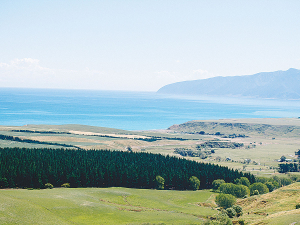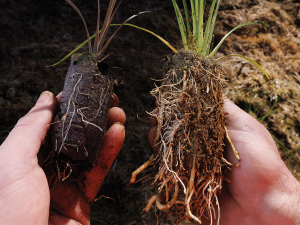OPINION: The UN's Intergovernmental Panel on Climate Change (IPCC) has delivered a sobering assessment of our planet's future.
And like after most climate change reports, the blowtorch is put on the New Zealand dairy industry to do more.
Farmers are required by the Government to reduce methane emissions by 10% from 2017 levels by 2030.
And to deliver on the Zero Carbon Act commitments there's a lot of work underway to help farmers reduce emissions, through He Waka Eke Noa - a partnership between the primary sector, government and Māori.
DairyNZ, with many other partners, is investing millions researching different farm system options, such as feed types and use, improved fertiliser and effluent use, and options for on-farm sequestration of carbon.
No doubt, the IPCC report paints a gloomy picture.
However, as Federated Farmers points out, the IPCC gives recognition to an area of science that Feds has been advancing for several years: the current standard metric for measuring the global warming impact of methane is flawed.
The reductions in livestock methane required to ensure no additional warming impact are in the order of 0.3% per annum, much lower than the net zero figure for long lived GHGs, and much lower than the targets the Government has set.
The report makes it clear New Zealand was right to show global leadership when opting to split long and short-lived GHG targets. As is also clear from the report, the science on stable methane emissions is sound. It is simply misleading to portray agriculture to be almost half of NZ’s warming given that 80% of agricultural emissions are short-lived biogenic methane. Biogenic methane only needs to slightly reduce to be zero carbon equivalent, and that has been the case in New Zealand for well over a decade.
Therefore, it’s unfair, scientifically flawed and economically illogical, to call on our farmers to make drastic methane cuts to buy time for carbon dioxide reductions to happen.
The dairy sector also wants to work in partnership with the Government to deliver a clear, long-term science strategy that will focus joint efforts and ensure funding is directed to the right places. However, the Government must play its part.
Investment in rural digital connectivity is needed to enable farmers to have better reporting and rapid uptake of new technologies to help drive down emissions. Farmers need access to as many tools as they can to meet this challenge. However, there are currently significant barriers to getting methanereducing technology in the hands of farmers.











